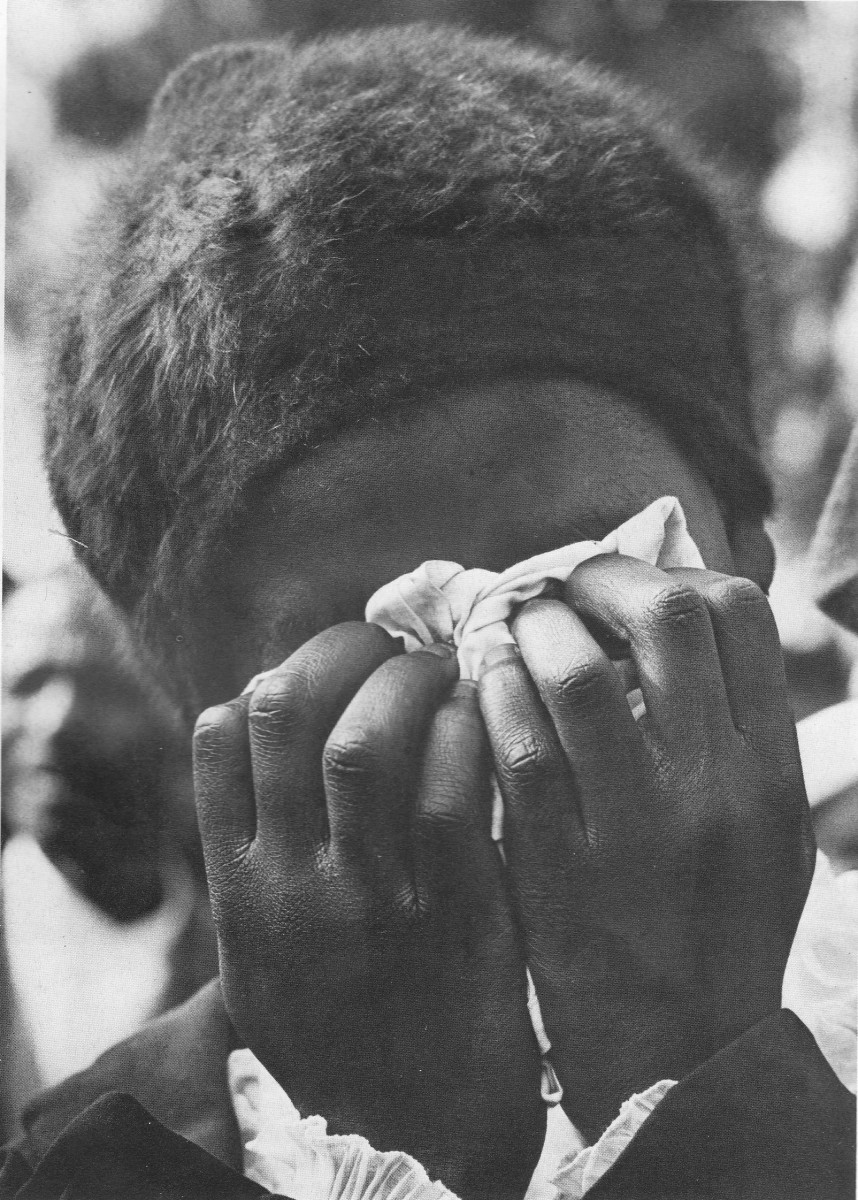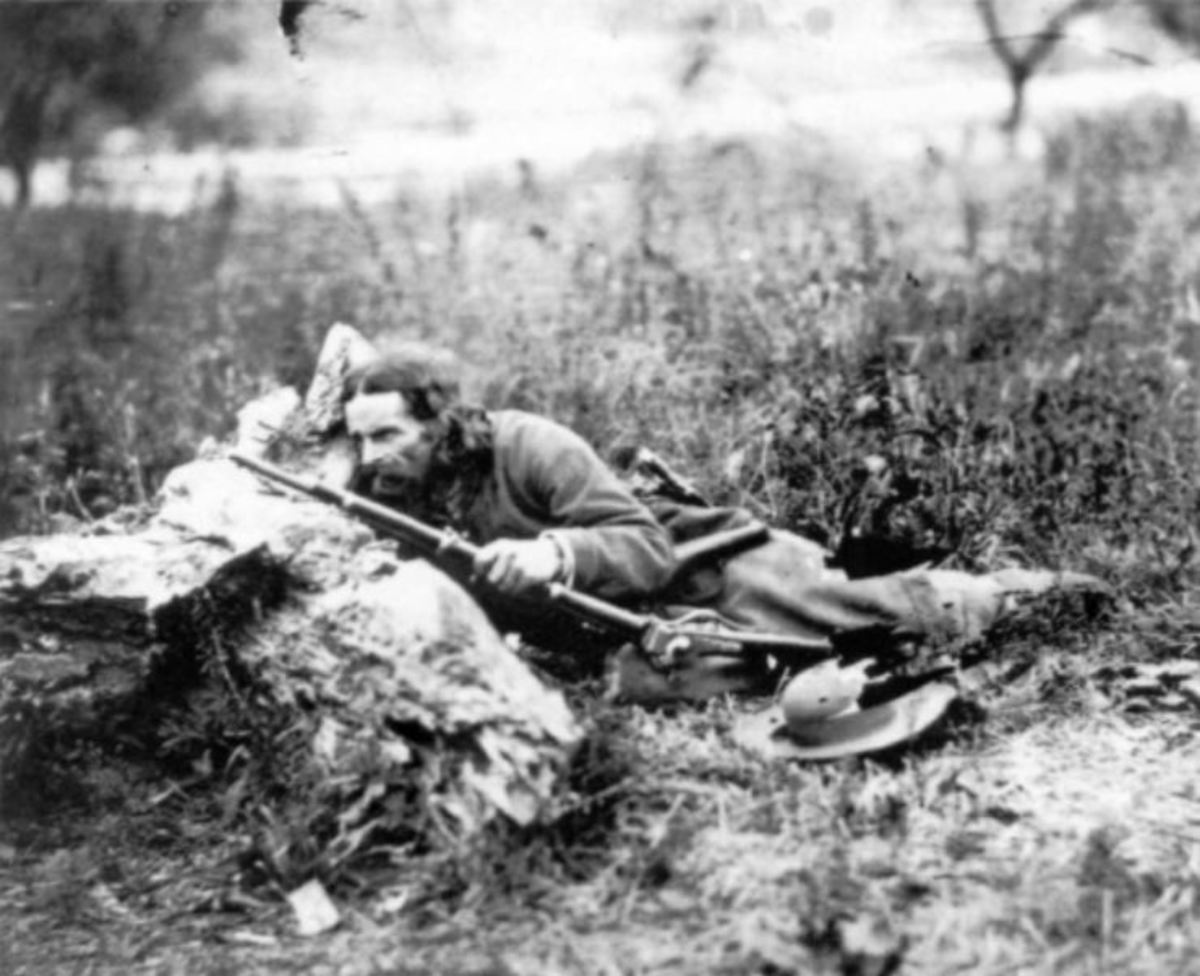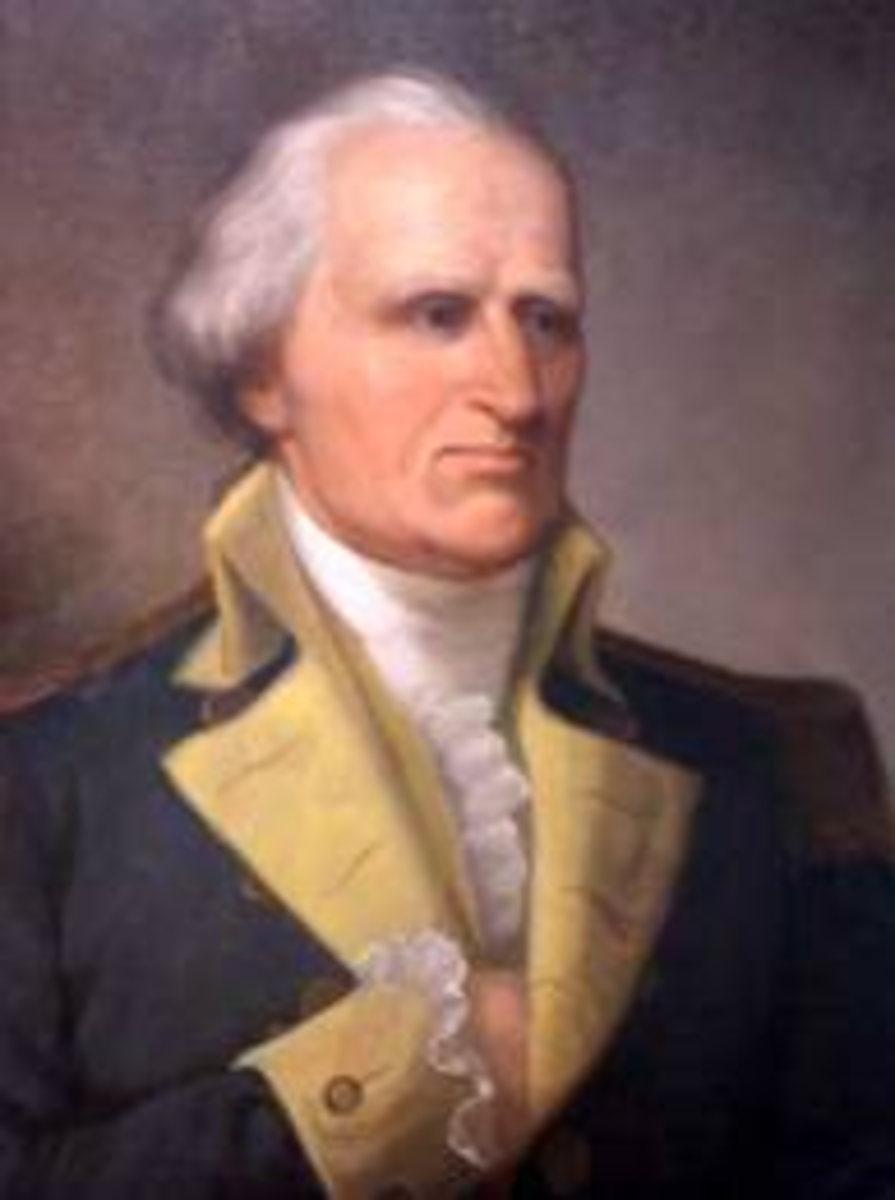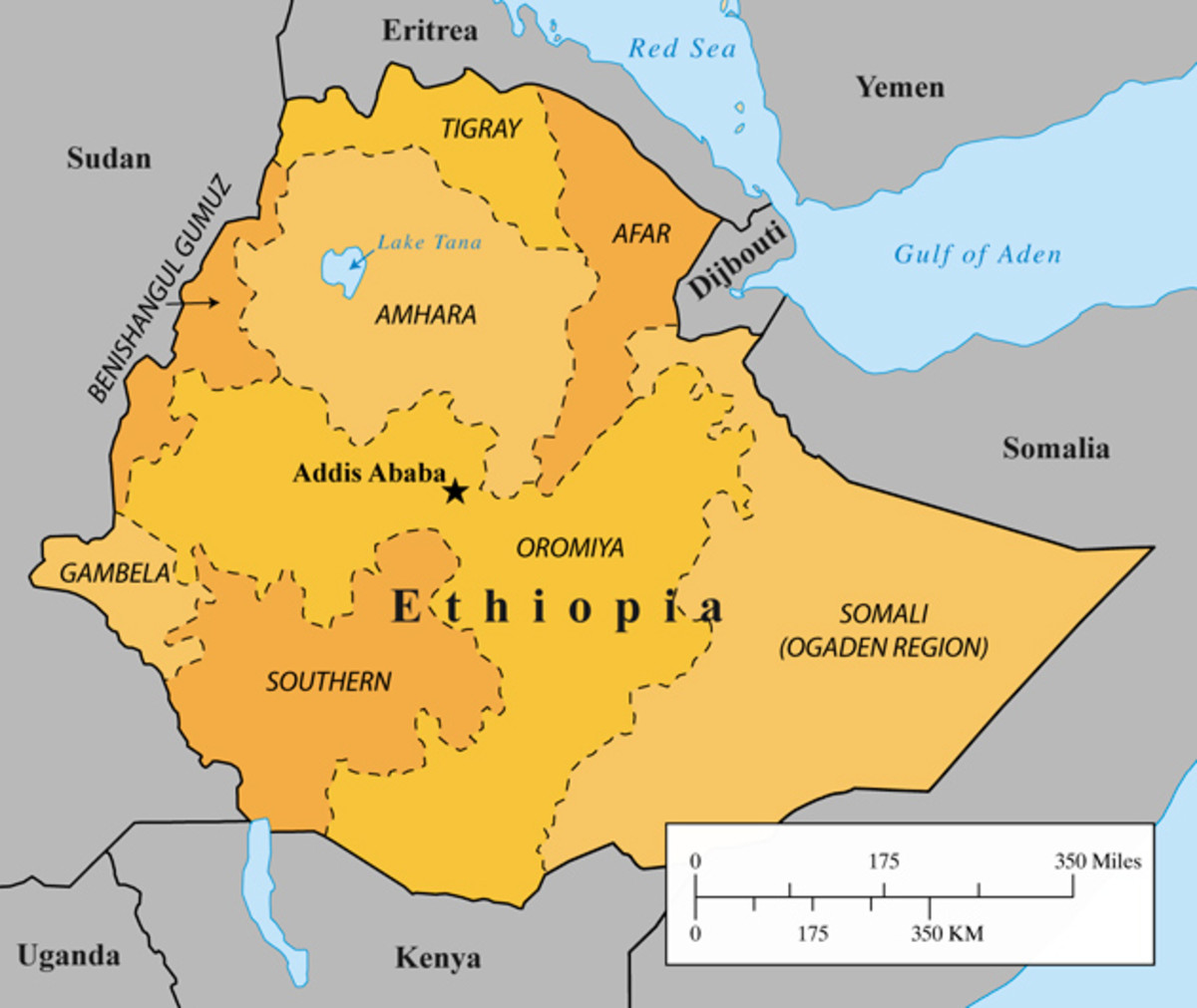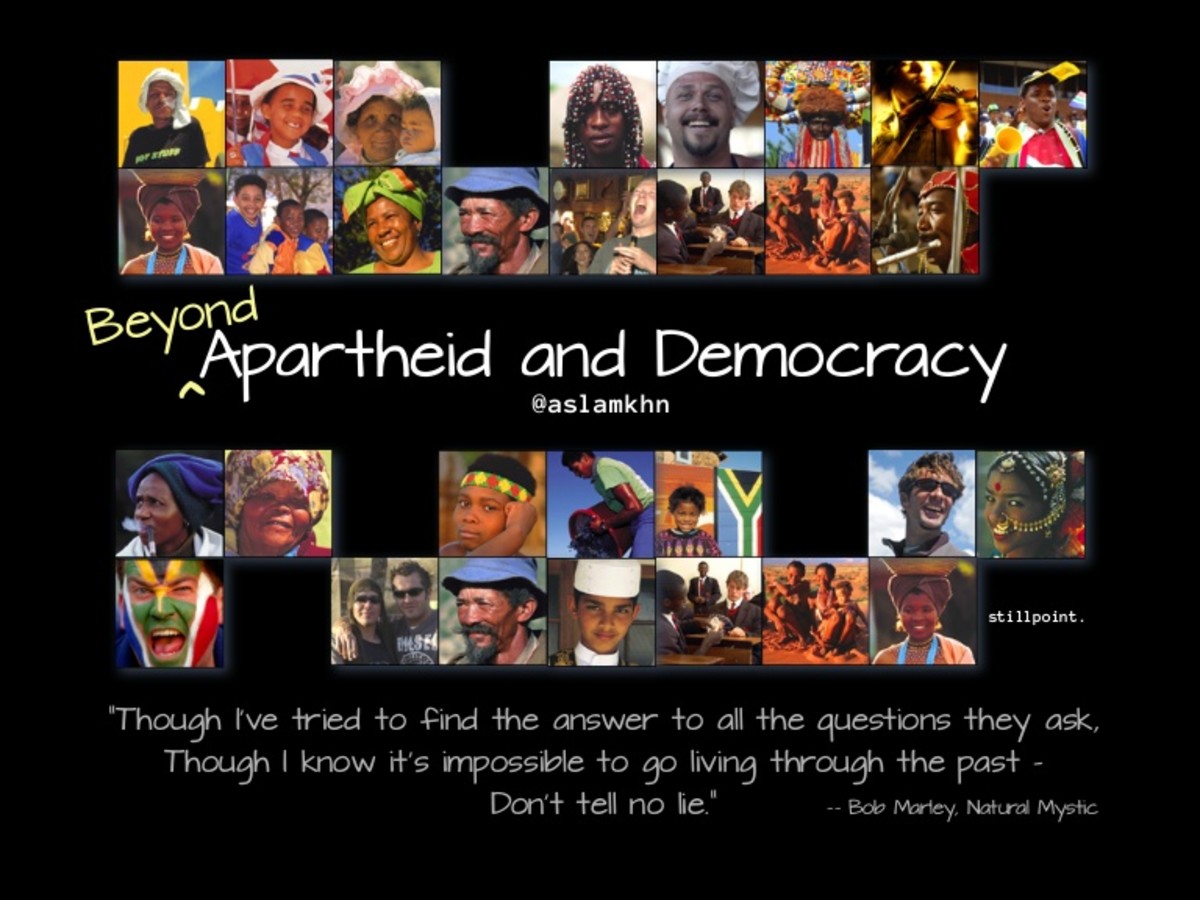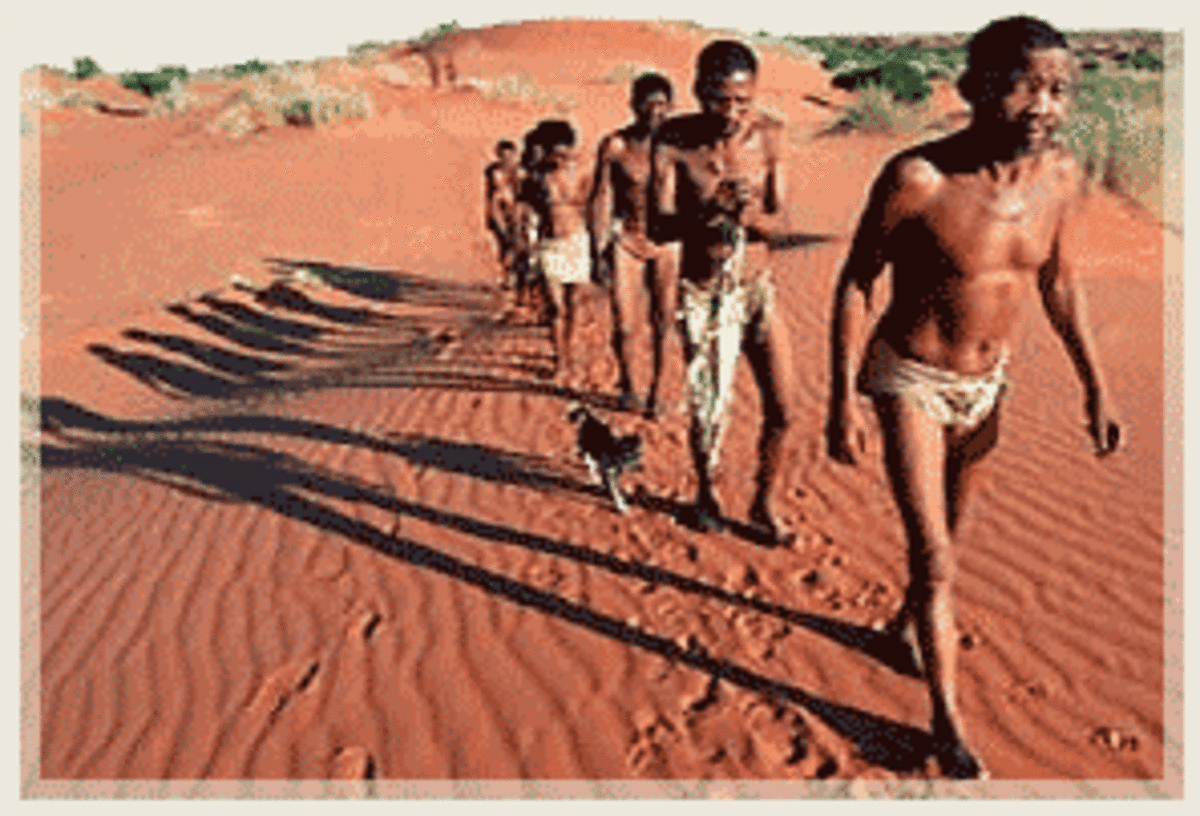Military's Influence on African Political Leadership.
Intimidation.
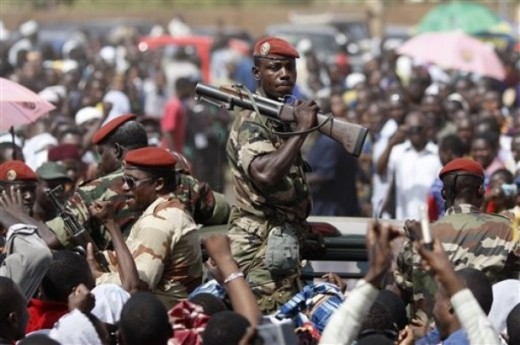
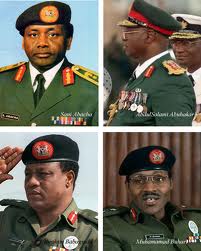
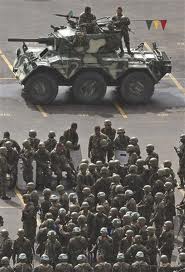
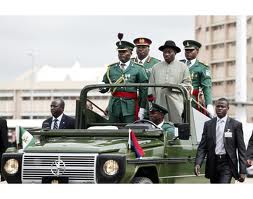
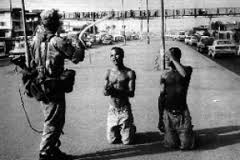
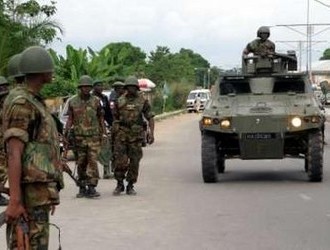
Where the Gun is Mightier than the Pen.
Beginning in the 1960's, with the hard won attainment of independence from the colonialist to present day, African nations have struggled with finding their political identity. Most have also failed to develop and maintain succesful governments.
Most African nations inherited the political systems of their colonial masters, but they lacked the education and know-how to make these systems work, sucessfully. Colonial masters it seems were more interested in raping the land of it's treasures and other resources than they were of preparing the citizenry for self government.
African nations that were colonized by the British initially adopted the Parliamentary sysytem of Government, while others adopted the Executive system of government, or yet other forms of government depending the idealogy that existed in the colonialist country.
African nations however, quickly discovered that it was easier to adopt a system that to govern by it. The nations came to the sad realization that their leaders lacked the training and expertise to manage established domestic and foreign policies. This lack of stable and competent leadership has left Africa with the slowest economic and social growth of all the continents. The way it turned out, African nations would have been better served to develop their own governance identity.
These initial Governance struggles experienced by the young African Governments opened the doors to what would become a flood of military coup d'etats, dictatorships and oppressive governments. Any percieved weakness or inefficency resulted in an overthrow of the government by soldiers who were often less educated and ill-prepared for political office than the political leaders. These coups quickly became an unwelcome and scary trend. Not only were the coups disruptive, they were also often violent and brutal. The political leaders were often executed, jailed or barnished, and the public coffers were often looted, misappropriated and emptied.
See below for a chronology of African coups; the years between 1960 and 1970 are jokingly called the decade of coups in Africa.
1. Congo-Kinshasa, 1960. General Mobutu seizes power
temporarily.
2. Togo, January 1963. Coup deposes President Olympio,
who gets killed in the process.
3. Congo-Brazzaville, August 1963. Government of Abbe'
Youlou overthrown.
4. Dahomey, December 1963. Colonel Sogho overthrows
President Maga.
5. Gabon, February 1964. Coup d'etat occurs but is
reverted by French forces.
6. Algeria, June 1965. Colonel Boumedienne overthrows
President Ben Bella.
7. Dahomey; December 1965. A second coup is staged.
8. Burundi, October 1965. The monarchy is overthrown
by Army officers.
9. Central Africa Republic, January 1966. President
David Dacko is ousted by Colonel Jean Bokassa.
10. Upper Volta, January 1966. Colonel Lamizana deposes
President Yamego.
11. Nigeria, January 1966. General Ironsi is installed
after a coup led by young officers.
12. Ghana, February 1966. President Kwame Nkruma is over-
thrown by the military led by General Ankrah.
13. Nigeria, July 1966. General Gowon overthrows General
Ironsi.
14. Burundi, November 1966. Captain Micombero takes over
in another coup.
15. Sierra Leone, March 1967. President Margai deposed
by Lieutenant Colonel Juxon-Smith.
16. Algeria, December 1967. A second coup attempt is made.
17. Sierra Leone, April 1968. A coup from the ranks over-
throws Lieutenant Colonel Juxon-Smith. Civilian govern-
ment re-installed under President Siaka Stevens.
18. Mali, November 1968. Young officers led by
Lieutenant Moussa Traore depose the government
of President Keita.
19. Sudan, May 1969. Free Officers' Movement seizes
power.
20. Libya, September 1969, The monarchy is deposed.
21. Somalia, October 1969. A revolutionary Council
The years after 1969 saw a spike in coups that involved some better educated military leaders, who nontheless were ill-prepared to govern, and had personal self enrichment agendas. Most of these military officers came into power simply to plunder; it became a game to them as they tossed power back and forth to each other. There were also the psychopaths among the bunch like Idi Amin Dada of Uganda and Samuel Doe of Liberia. I will be remiss not to mention that some are considered heroes of the revolution like Jerry Rawlings of Ghana.
There were many unsuccessful coup attempts that amounted to a brain drain of the armed forces, because of the subsequent executions and imprisonment that followed every military coup. Many a young African military officer lost their lives in what they were led to believe were noble ideals; they were told that the aim of the coups was the cleansing of the reins of power-if they only knew what they gave their lives for.
Nations like Nigeria and Ghana have reached a point where they are choosing democracy over military dictatorship, and most are making a success of their government. Many other African nations however, still struggle with the epidemic of military people who choose to govern by fear and intimidation. Govermnet coffers in many countries are still being treated as personal piggy banks, and young people continue to used, and die aimlessly. Countries like Sudan, Somalia, Guinea-Bissau and Mauritania still countinue to the stiffled and oppressed by these military bullies.
As a child growing up in Nigeria I remember the fear, uncertainty and apprehension we felt every time we heard news of yet another military coup in the country. It is my hope that for the sake of the children of Africa, the adults will find a way to govern absent of guns; that they will find a way to provide the security that makes people proud to say that they belong.
,
Nigerian Heads of State from 1963-2010
President of the Republic 1 Oct 1963 - 16 Jan 1966 Sir Nnamdi Chukwuemeka Azikiwe.
Head of the Federal Military Government of the Federal Republic of Nigeria 16 Jan 1966 - 24 May 1966 Major-General Johnson Thomas Umunnakwe Aguiyi-Ironsi.
Head of the National Military Government of the Republic of Nigeria 24 May 1966 - 29 Jul 1966 Major-Gen Johnson Thomas Umunnakwe Aguiyi-Ironsi. 1 Aug 1966 - 31 Aug 1966 Colonel Yakubu Cinwa Dan-Yumma Gowon.
Head of the Federal Military Government of the Federal Republic of Nigeria 31 Aug 1966 - 29 Jul 1975 Col Yakubu Cinwa Dan-Yumma Gowon. 29 Jul 1975 - 13 Feb 1976 General Murtala Ramat Mohammed. 14 Feb 1976 - 1 Oct 1979 General Oluṣẹgun Fajinmi Okikiọlakan Arẹmu Ọbasanjọ.
President of the Federal Republic of Nigeria 1 Oct 1979 - 31 Dec 1983 General Shehu Usman Aliyu Shagari.
Head of the Federal Military Government of the Federal Republic of Nigeria 31 Dec 1983 - 27 Aug 1985 General Muhammadu Buhari.
President, Commander-in-Chief of the Armed Forces 27 Aug 1985 - 26 Aug 1993 General Ibrahim Badamasi Babangida.
Head of the Interim National Government 26 Aug 1993 - 17 Nov 1993 Ernest Adegunle Oladeinde Shonekan.
Head of State 17 Nov 1993 - 8 Jun 1998 General Sani Abacha. 9 Jun 1998 - 29 May 1999 General Abdulsalam Abubakar.
President of the Federal Republic of Nigeria 29 May 1999 - 29 May 2007 General Oluṣẹgun Fajinmi Okikiọlakan Arẹmu Ọbasanjọ. 29 May 2007 - 5 May 2010 General Umaru Musa Yar'Adua. 5 May 2010 - Present Goodluck Ebele Jonathan.

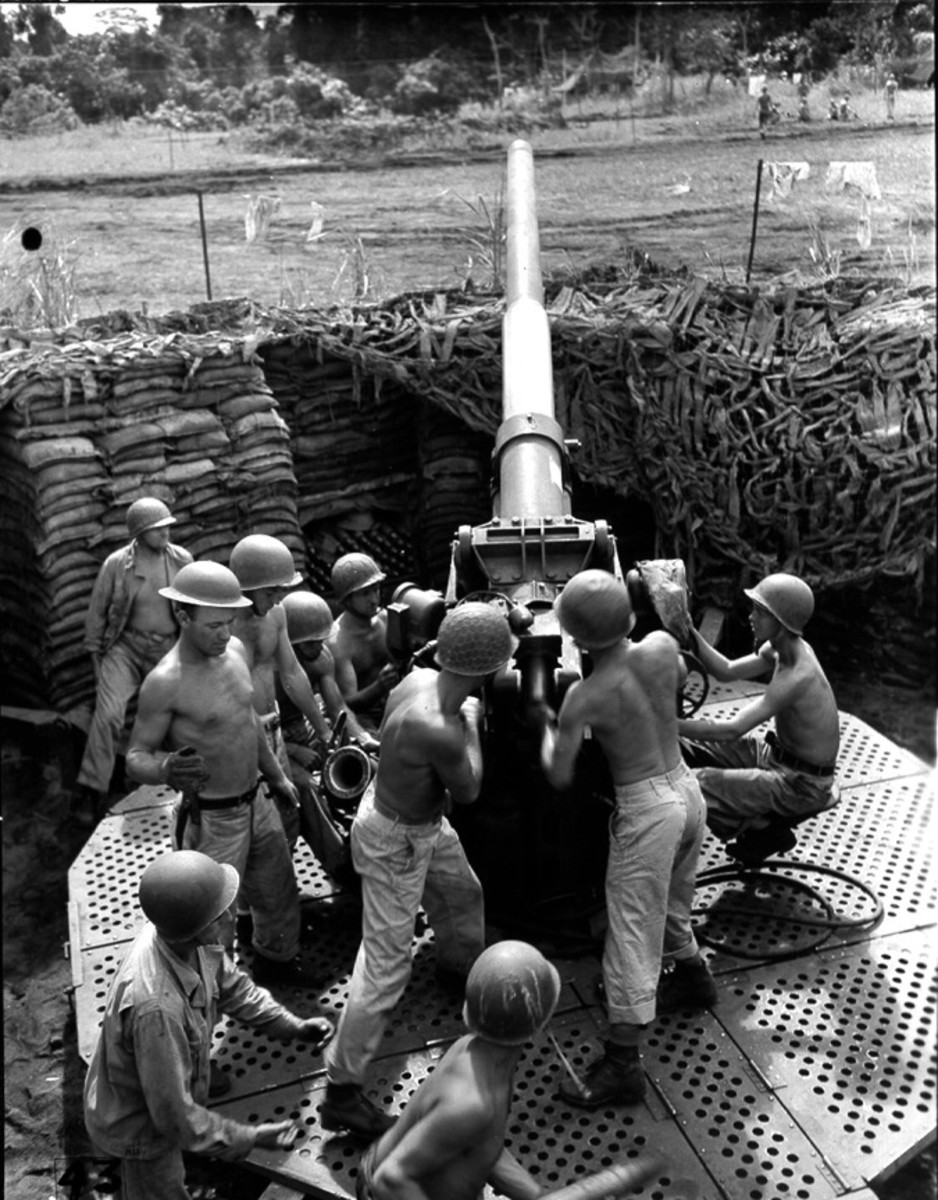
![Obama's General Motors [GM] Tarp Bailout - The Untold Details Obama's General Motors [GM] Tarp Bailout - The Untold Details](https://images.saymedia-content.com/.image/t_share/MTc0MTU0NDA1OTcxNzY1MTE2/obama-general-motors-gm-tarp-bailout-untold-details.jpg)
